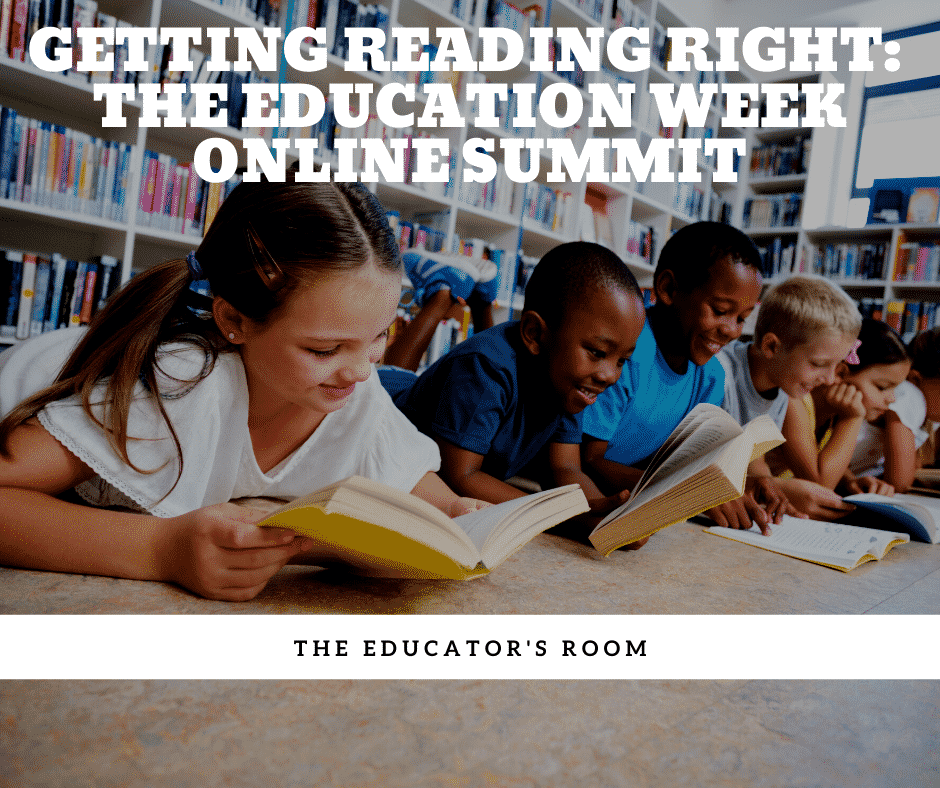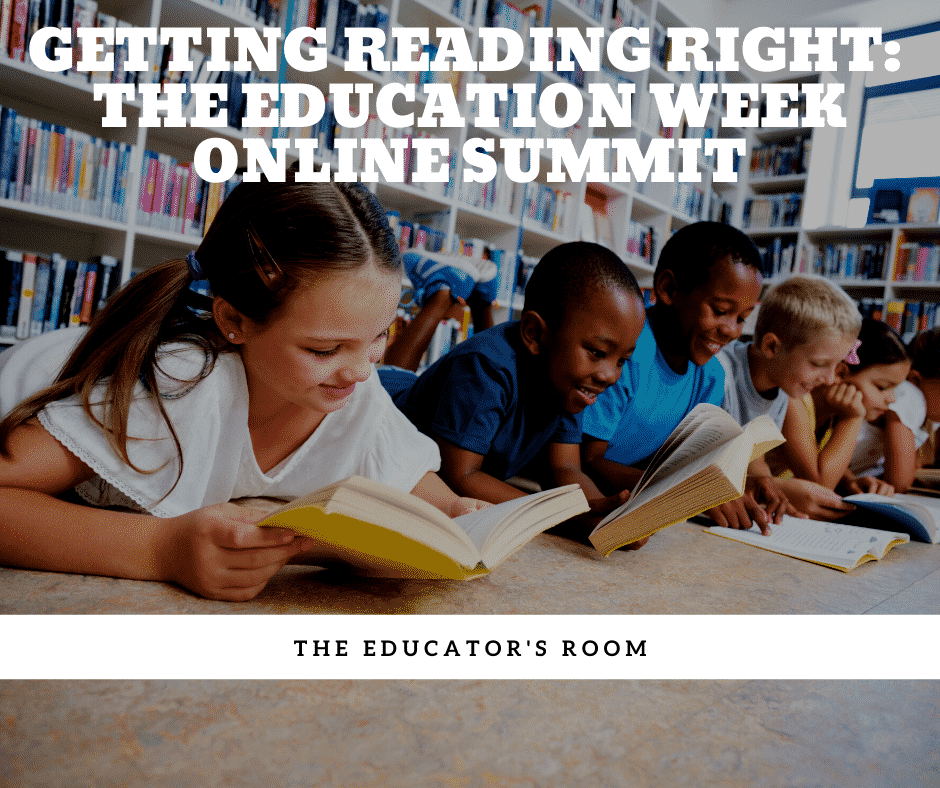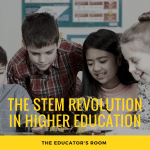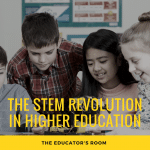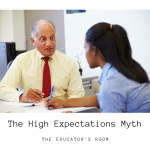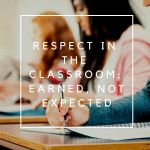Getting Reading Right was the title and focus of the free online Education Week summit held on January 28, 2020. EdWeek reporters moderated with guest literacy specialists in six separate online chats framed by the results of the 2019 EdWeek Research Center survey on Early Reading Instruction. Online registered participants were eligible for a certificate of participation toward professional development hours.
Like any successful Socratic seminar, the How Colleges of Education are Approaching Early Reading discussion left participants with just as many questions as answers and opened the door for on-going dialogue. The discussion was framed around the 2019 finding that “…just 22 percent of professors of early reading instruction said their philosophy of reading is based on systematic, explicit phonics, with comprehension as a separate focus.” The discussion started with one expert’s clarification that “balanced literacy is the more favorable term for whole language.” EdWeek reporter, Madeline Will, moderated as participants weighed the role of preparing teacher candidates for systematic phonics instruction.
[bctt tweet=”“…just 22 percent of professors of early reading instruction said their philosophy of reading is based on systematic, explicit phonics, with comprehension as a separate focus.”” username=””]
Guest specialists, Kelly Butler, Billie Tingle, and Amy Murdoch emphasized the importance of including solid teacher preparation in the science of reading and acknowledged the challenge this poses to academic freedom. Early literacy instruction is no stranger to the ideological conflict between the charge to inspire 21st-century learners with high order skills while also providing a solid foundation of basic skills. To complicate matters further, instructors of early reading methods are bound by two levels of academic freedom—that of the professor and of the teachers delivering reading instruction. EdWeek researchers found that educators feel unprepared to teach reading. Surveyors also found evidence that professors are approaching early reading philosophy differently. Therefore, it is necessary to find a consensus on how colleges of education can respect academic freedom while also conveying a unified model of early literacy instruction.
Guest experts gave suggestions to solidify teacher preparation in early reading. The state of Mississippi was discussed as a model for reform. Among other initiatives in the state, prospective educators are required to pass a test on the science of reading before certification. Kelly Butler, CEO of the Barksdale Reading Institute, suggests colleges share the Simple of View of Reading (Gough and Turner, 1986). Butler also shared the important role “creating a safe space for faculty to recognize that they did not know the science of reading” played in the success in her organization’s efforts. Experts cautioned that teaching the science of reading is more than adding phonics worksheets to a balanced literacy approach. Billie Tingle, Associate Professor at the University of Southern Mississippi reminded us that best practices for both professors and in-service teachers includes “modeling more and lecturing less.”
The discussion was open to the public. Beyond the debate, practitioner participants asked the experts for resources. Butler recommended Tim Shanahan’s blog, Deb Glasser’s Top Ten Tools for Teachers and LETRS Professional Development. Amy Murdoch, Reading Science Program Director at Mt. St. Joseph University, recommended Dr. Anita Archer’s work on explicit instruction. Other suggested resources include the Reading League, Really Great Reading and Readsters. You can find out more about past and future summits at the Education Week website.
